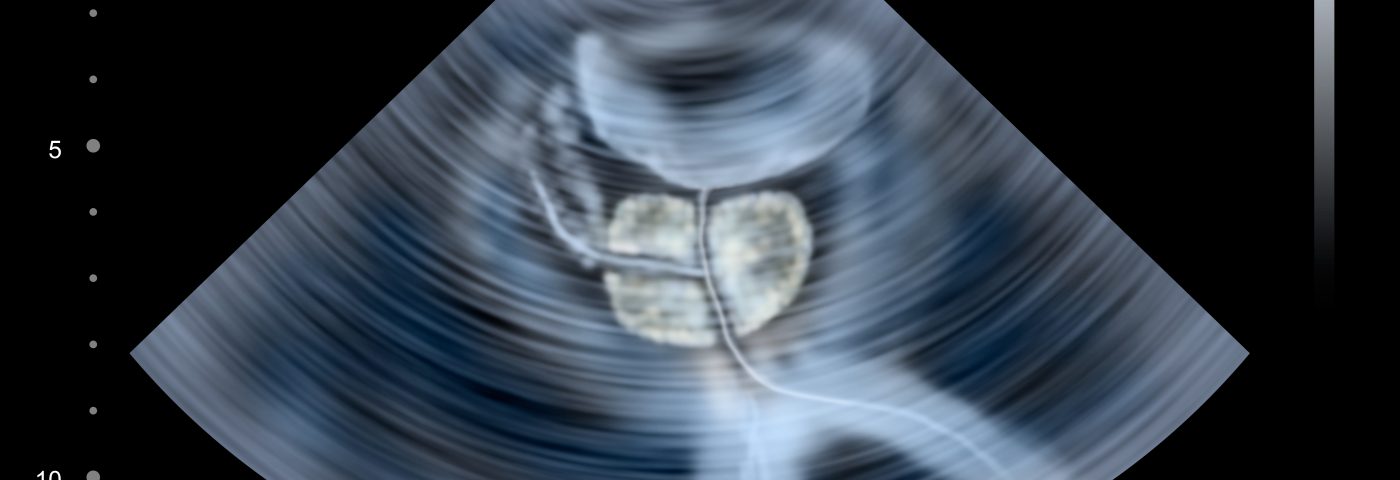While lower urinary tract symptoms (LUTS) in men are typically blamed on the enlargement of the prostate, a review from the University of Thessaly in Greece puts the spotlight on research showing that the bladder itself might contribute more than previously thought.
Published in the journal Research and Reports in Urology, the review titled “New therapeutic strategies for the treatment of male lower urinary tract symptoms,” shows how treatment targeting the bladder, either alone or in combination with prostate-related treatment might improve LUTS but emphasizing that no therapy fits all patients.
It has become increasingly apparent that benign prostatic hyperplasia (BPH) can not alone explain LUTS. Not all men with enlarged prostates have urinary problems and, not all men with LUTS have enlarged prostates.
Since prostate surgery also often fails to improve LUTS, researchers have turned their focus to the bladder.
BPH-related medications, such as α1-blockers, phosphodiesterase-5 inhibitors, and 5α-reductase inhibitors are the mainstay of LUTS treatment today. While a difficulty to urinate is considered the most common form of LUTS, problems caused by an overactive bladder can have a much larger impact on the quality of a patient’s life.
Since traditional BPH drugs do not treat the side effect satisfactorily, drugs known as muscarinic antagonists could provide an option because they decrease the rate and intensity of bladder contractions. Despite studies and guidelines that support the use of the agents for overactive bladder, urologists hesitate to use them in fear of acute urinary retention.
Studies of β3-adrenergic agonists, acting on receptors present mainly in the bladder, have also shown good potential by reducing symptoms and improving quality of life, particularly in patients with overactive bladder. Because mirabegron (Myrbetriq in the U.S. and Betmiga in Europe), the only approved drug in this category does not show to increase the risk of urine being left in the bladder after urination, it might be preferred.
But a drawback exists. Mirabegron has been linked to cases of severe hypertension, and should not be used by men with uncontrolled hypertension before treatment onset.
Combining drugs acting on the prostate and bladder also showed good results in clinical trials, especially when α1-blockers and muscarinic drugs were combined. Although the combination often proves to be more effective than either drug alone, it may cause side effects. Still, trials have indicated that the benefits of the therapy outweigh relatively small risks.
Several other treatment approaches are being investigated. Anti-inflammatory drugs, vitamin D3-receptor stimulators, cannabinoids, and a luteinizing hormone-releasing hormone (LHRH) are currently being tested in patients. Other drugs that target molecular factors are in preclinical studies.

